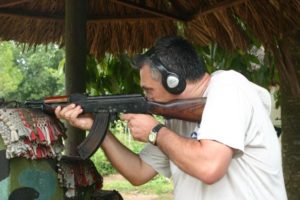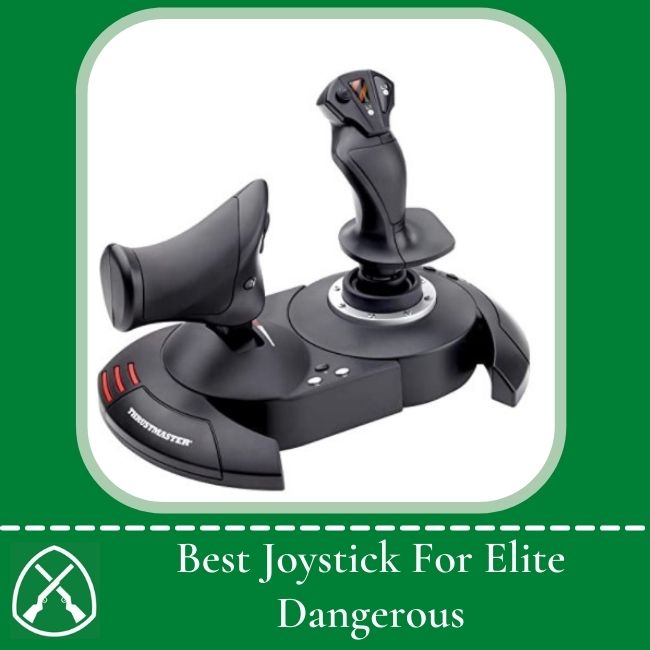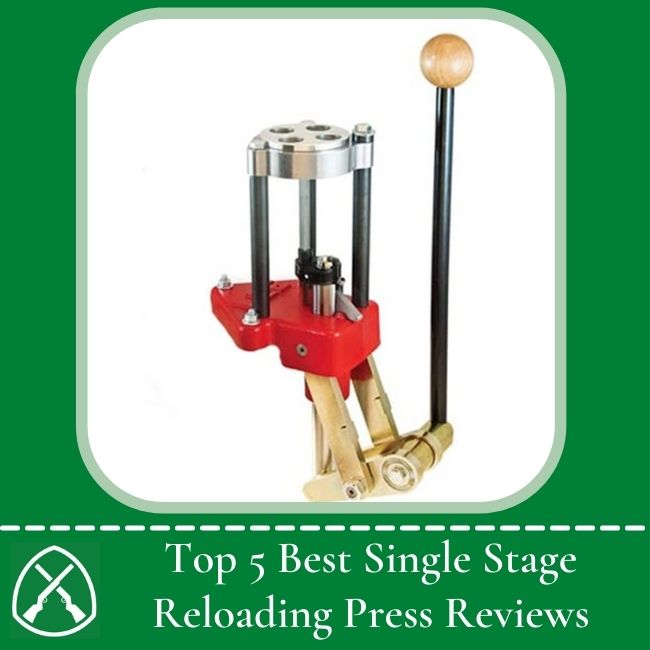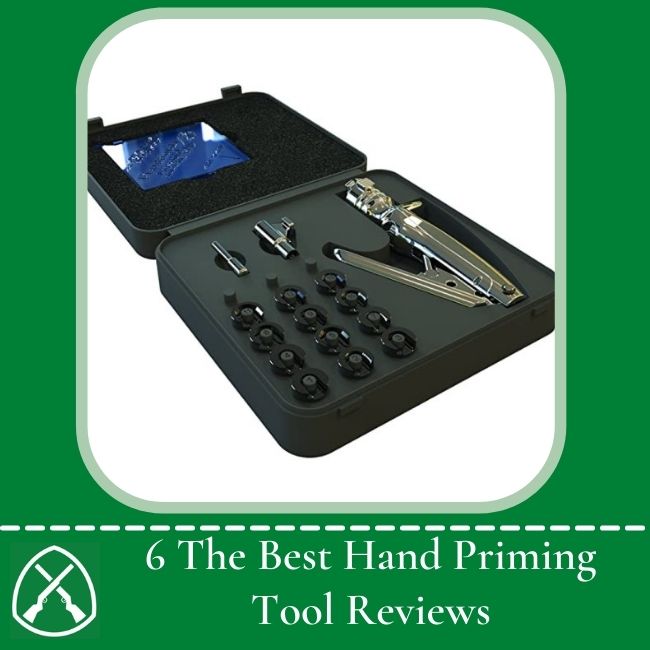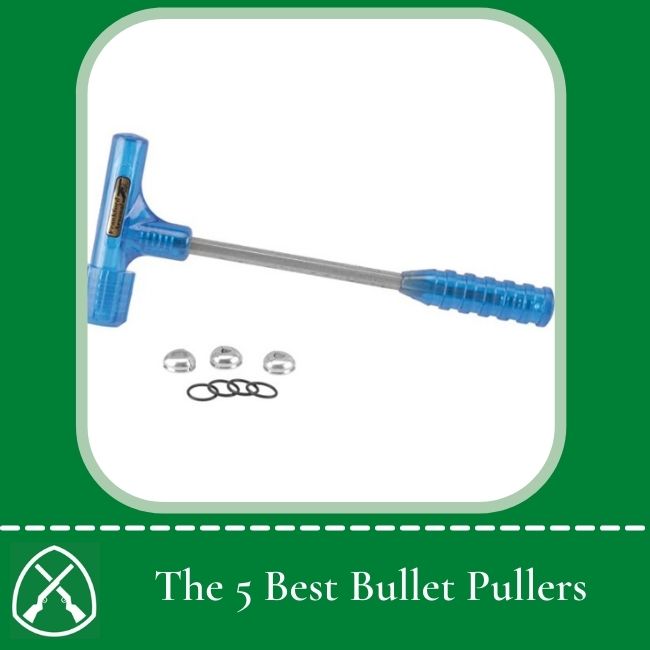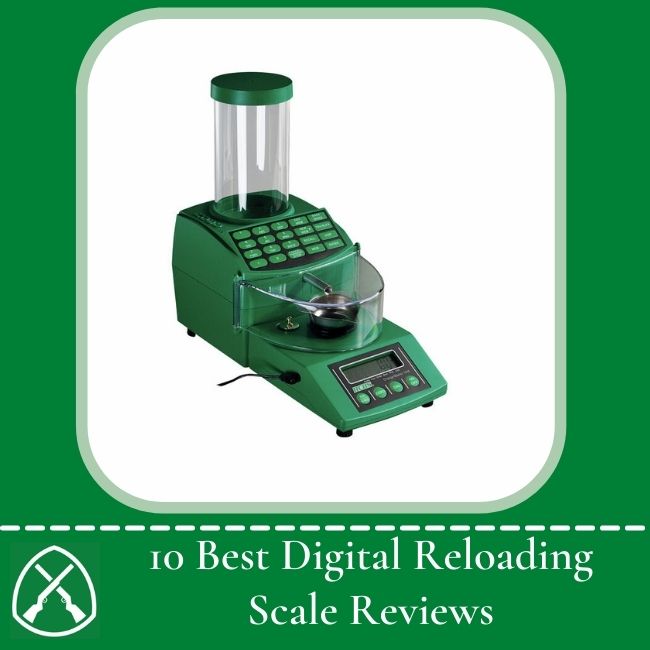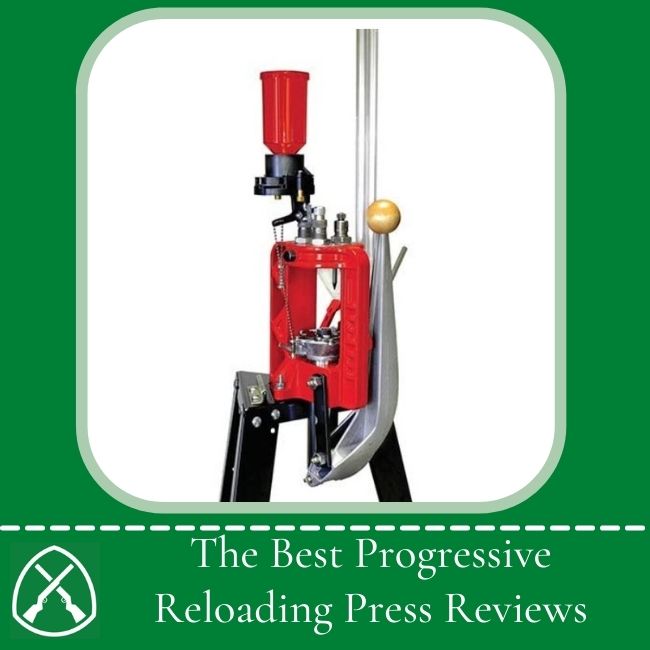Pistol primers come in a variety of sizes that can be used to match specific calibers used when loading ammunition. The most common is a small rifle and the large rifle however, there are magnum, pistol, and other varieties.
Because 9mm is a smaller caliber round it is advisable to use a pistol primer to be suitable for these rounds. There is a large pistol primer, however, if you’re loading 9mm ammunition for shooting targets or plinking, you’ll not require it.
What size primer does a 9mm use?
A 9mm round typically uses the small pistol primer. However, because these primers are often out of stock, some gun enthusiasts experiment with magnum pistol primers. Some people say using magnums wastes time.
The difference between magnum and small pistol primers is not enough to make a difference. The only benefit is that if you’re reloading dies and are set to shoot magnum rounds, they will fire 9mm in a pinch.
Small pistol primers are typically found in 9mm ammunition, which is short-barrelled, handgun ammunition, or ammo for smaller handguns, like small models. Small pistol primer can be found in rifle-caliber ammo, but it’s rare and usually not required. Primers are intended for guns that use pistol-caliber cartridges, such as 9mm because it is a compact cartridge.
The higher force of priming in this cartridge may create problems for long-barrelled rifles that fire handgun ammo. Many websites will inform the dimensions of the pistol you use; if you’re unsure, please contact the manufacturer or go to the ammunition box on the package.
We recommend sticking with conventional small primers. However, if you’re unable to find them, you could try magnums. There’s no significant difference between these two primers, so you’ll be fine. Be aware that you’ll need to research in case you don’t want the back blow to harm the firing pin and cause structural damage to your gun.
Can you use small rifle primers on a 9mm?
It is possible, but you shouldn’t. We recommend using the right primer for your gun. Small rifle primers are generally used to start cartridges that require greater power to burn the powder like modern hunting rifles and large-caliber ammunition.
The reason you should use smaller rifle primers is that they utilize more chemical components than a smaller pistol primer, which will cause the gunpowder contained in the cartridge to burn faster. This is beneficial when trying to shoot quicker in certain circumstances, it can lead to quicker follow-up shots and faster bullet velocity.
Small pistol primer burns up faster than larger rifle primer, but not in the way many people believe. The difference is in the volume; small pistol primers and magnum primers are much more compact than large rifle primers.
You can distinguish between small pistol primers and magnums simply by looking at them. A large pistol primer has a larger head than the magnums that are military-style.
What are small pistol magnum primers used for?
The small pistol magnum primers can be a little hotter. You will not notice any difference in standard loadings. These are intended to ignite “Max Magnum” loads with slow-burning powders like H-110 and 2400 more effectively.
Small pistol primers: everything you need to know
The type of primer indicates the overall intensity of the primer flame. When selecting the appropriate dimensions of primers for 9mm guns there are many factors to know about. A small pistol primer is small and can ignite quicker than a large pistol primer. If you’re an experienced shooter who requires quick-firing using the correct primer can be a big difference.
If the 9mm ammunition you have isn’t firing as it should, it could be due to you using the wrong primer size. The wrong primer size can cause your gun to malfunction or not shoot at all. To figure out the best size of the primer you’ll need for your ammo it is important to be aware of the firearm you’re using it with and the way you intend to make use of it.
For instance, if you’re planning on shooting your ammunition for competition, then small primers that are quick-ignition are a good idea. If you’re looking to hunt big game using the 9mm handgun, the added power of larger rifle primers can help you in bringing down your opponent faster.
If you don’t have the right primer for 9mm ammunition, don’t make use of it. It’s that simple. If you don’t, you could cause damage to your firearm by the blowback in the firing pin hole, or hurt someone else.
A box of ammunition that you’re not sure it’s going to properly ignite could be a dangerous idea particularly when you’re shooting into an abandoned building. When you’re using the wrong primer and the ammunition doesn’t start to ignite, it could trigger unexpected and violent reactions inside the round.
Working with magnum primers
Utilizing magnum primers to aid in loading is more popular for rifles of various calibers. But, some shooters have attempted using magnum primers with 9mm ammunition, that they wish to fire more quickly. The reason for it is, as explained earlier, magnum primers will quickly ignite and cause ammunition to shoot quicker.
If you’re new to shooting firearms, it’s not a good idea to play around with breaking apart the ammunition or messing around in the prime. If you’re serious about doing reloads and are already familiar with how to do it, you might want to play with the magnum primer. Make sure you wear safety glasses and study the manuals on reloading before exploring more possibilities.
It is important to remember that magnum primers tend to be more strong than smaller primers. You’ll require an arsenal that can take on the additional force of the magnum primer.
If it fails, it could result in damage to the gun, or hurt you. Additionally, it can cause a loss of accuracy due to the fluctuation in speed. It’s typically a more difficult process to reload your gun.
By the way, the additional tension put on the firing pin may not be worth it. If you’re unsure when you’re not sure, it’s a good idea to contact a professional who is knowledgeable about primers. It could be a local gunsmith, an instructor at the shooting ranger, or a reliable supplier of Winchester primers or Remington primers.
Other things you should know
9mm shooters have some of the strongest cartridges on the market due to the quick knockdown power provided through 9mm cartridges. 9mm ammunition is typically loaded with hollow-point ammunition jacketed which can travel through obstacles and cause severe fractures to bones.
When you are deciding which primers you will use with the 9mm cartridge there are a few important technical aspects you need to be aware of along with several other crucial factors related to ammunition that can help your shooting experience to be more efficient.
Primer pock
Primer pockets are usually ignored, but they’re crucial. The size of the primer pocket is determined by the diameter of the case, and the shape is changed by how it’s chambered. Therefore, if you’re carrying an all-around 9mm pistol then you shouldn’t utilize a small primer pocket.
If you own a larger capacity 9mm pistol, with an extended length magazine, there won’t be enough space in which your hands can turn down on the case while it is sitting in position while loading.
Chamber size
The chamber dimensions that a pistol with a 9mm diameter is likely to differ. Some pistols have bigger and narrower chambers than other models. Certain chambers have straight walls and others with an angled walls that can create problems in seating.
A 9mm chamber is approximately 0.90 inches wide and 2.02 inches on the mouth of the case when loaded. The case’s walls could vary from 0.065 millimeters to 0.101 inches, while the rim may vary between 0.102 millimeters to 0.133 inches in length, depending on the caliber and brand of the ammunition you use.
For instance, an example is that a Winchester small pistol needs softer primers due to its design.

